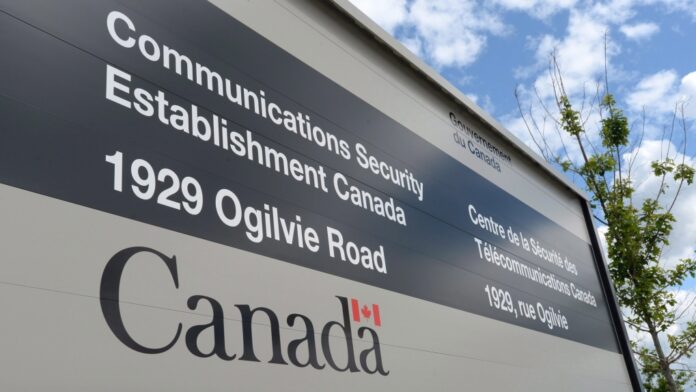“It’s a tale of secrecy, cybersecurity, and government communication as the saga of China-backed hackers targeting Canadian Parliamentarians unfolds. While some MPs and senators claim they were only recently made aware of this threat, the Communications Security Establishment (CSE) insists that they shared vital information back in June of 2022. The question of timing and transparency hangs in the air, stirring up concerns and doubts among those affected.
CSE’s Efforts to Inform
The CSE spokesperson, Ryan Foreman, revealed that they had shared specific technical details about the cyber threat with parliamentary IT officials as soon as they detected it. This proactive approach is a standard practice with other government partners when potential threats are identified. However, the process of engaging MPs in addressing such situations remains unclear, leaving many questions unanswered.
MPs Left in the Dark
Conservative MP Garnett Genuis and other members of the Inter-Parliamentary Alliance on China (IPAC) expressed their surprise at discovering their email accounts were targeted only last week. The lack of timely communication from the government raises concerns about the level of protection provided to elected officials and their systems. Liberal MP Judy Sgro, one of the hacking victims, emphasized the need for sufficient information to safeguard against such attacks.
House’s Cybersecurity Assurance
The House of Commons reassures that robust cybersecurity measures are in place to safeguard parliamentary operations and communications. The CSE and the Canadian Centre for Cyber Security collaborate to monitor and address cybersecurity threats continually. Despite the attempted hacking, the House claims that protective measures prevented any cybersecurity impacts on its members. However, discrepancies in awareness among affected MPs cast a shadow of doubt on the effectiveness of these security protocols.
Seeking Clarity and Accountability
Public Safety Minister Dominic LeBlanc’s call for an exact chronology of events surrounding the hacking incident reflects the government’s commitment to transparency and accountability. The quest to determine the timeline of information dissemination and adherence to security protocols underscores the gravity of the situation. As the investigation unfolds, the truth behind when, how, and why certain details were shared will shed light on the government’s response to cybersecurity threats.
In conclusion, the case of China-backed hackers targeting Canadian Parliamentarians serves as a wake-up call to the vulnerabilities in our digital infrastructure. The need for streamlined communication, proactive threat detection, and robust cybersecurity measures is more critical than ever. As technology continues to advance, the government must stay vigilant in protecting its democratic institutions from cyber threats to uphold the trust and integrity of the electoral process.”
Reference














